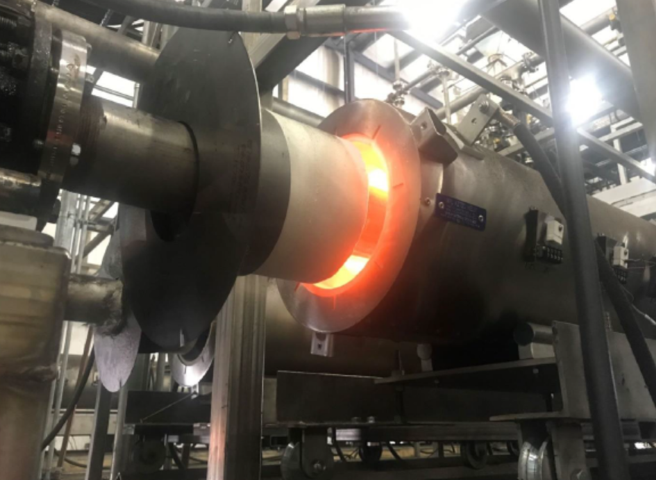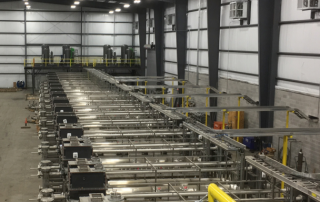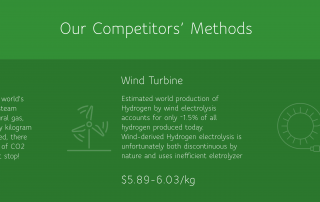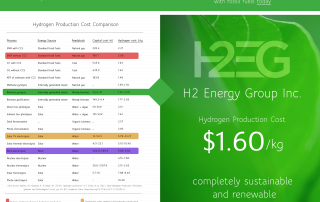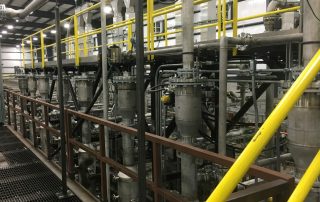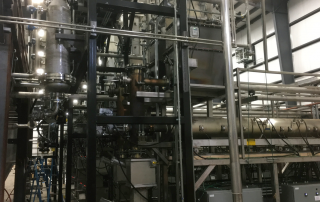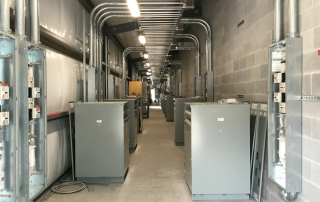H2EG Explains: Pyrolysis
Pyrolysis is a process by which organic matter, such as biomass, is heated until the chemical bonds between its molecules are broken. If you have ever left a pizza in the oven too long and found a charred, black disc where your dinner should be, then you have witnessed pyrolysis in action!
For us here at H2EG, the pyrolysis process is much more technical than simply burning dinner on the stove, but the underlying science is the same. Our High-Yield Fast Pyrolysis technology takes biomass, for example, wood from fallen trees, and subjects it to extremely high temperatures in a vacuum, that is, in the absence of oxygen, until the chemical bonds in the wood break down. Breaking the bonds between the wood molecules creates new molecular structures, producing syngas, solid bio-char, and liquid pyroligneous acid. H2EG’s technology specifically produces a Hydrogen-rich syngas (40% H2, 40% CO, 10% CH4, 10% CO2).
The Pyrolysis Advantage
The efficiencies of our High-Yield Fast Pyrolysis System give H2EG the ability to produce Hydrogen at roughly 25% of the cost of solar or wind electrolysis, and slightly less than the cost of the much dirtier and far more prevalent “gray” Hydrogen, which is made using fossil fuels. Other Hydrogen production methods, like wind and solar electrolysis, are inherently discontinuous production methods and suffer from inefficient electrolysis technology, while H2EG’s technology produces electricity continuously and using a far more efficient fast pyrolysis method.
H2EG’s proprietary High-Yield Fast Pyrolysis System is modular by design and infinitely scalable, allowing us to meet energy needs anywhere in the world where woody biomass can be found, including remote locations without access to energy grids. Our modular design allows us to scale to meet a potential projects growth requirement by simply adding additional units to increase our production.
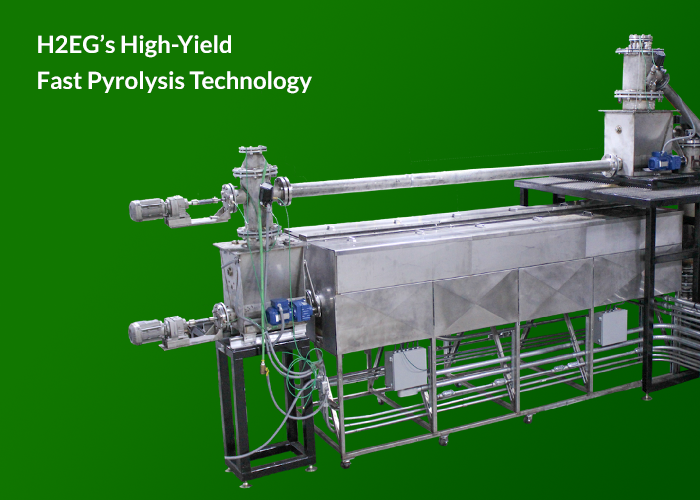
Our High-Yield Fast Pyrolysis technology uses woody biomass to produce a Hydrogen-rich syngas that is completely sustainable and renewable.
Educational Resources
Biomass Pyrolysis Research, USDA Agricultural Research Service
Pyrolysis of Wood/Biomass for Bio-oil, Energy & Fuels
Biomass Pyrolysis, Penn State College of Earth and Mineral Sciences
Recent Advances in Pyrolysis, IntechOpen
Pyrolysis Technical Analysis, PG&E (PDF)
